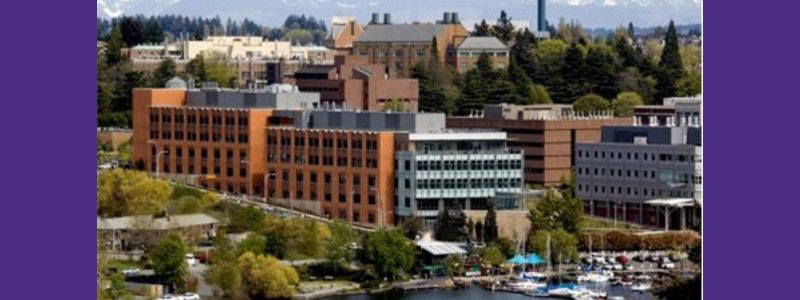The University of Washington Graduate School recently conducted a thorough review of the Department of Bioengineering, following the procedures outlined in the University Policy Directory. According to university policy, all existing academic units are subject to review at least once every ten years of their graduate and undergraduate degree programs.
This review was conducted collaboratively by the Dean of the Graduate School, the Dean of Undergraduate Academic Affairs and the Deans of the College of Engineering and School of Medicine. This structured process fulfills university policy requirements, maintains accreditation by the Northwest Commission on Colleges and Universities (NWCCU), and serves as a valuable opportunity for academic units to reflect on their strengths, challenges and future aspirations.
The primary objective of the review is to assess the academic and educational quality of the department. This evaluation involved an expert committee of consultants from the University of Washington and other nationally ranked Bioengineering/Biomedical Engineering programs. The committee members were:
- Tadayoshi Kohno, Professor, Paul G. Allen School of Computer Science & Engineering and Associate Dean for Faculty Success, College of Engineering, University of Washington (committee chair)
- Lucien N. Brush, Associate Professor, Department of Materials Science and Engineering, University of Washington
- Samir Ghadiali, Chair and Professor, Department of Biomedical Engineering; Professor, Internal Medicine, The Ohio State University
- Yingxiao Wang, Dwight C. and Hildagarde E. Baum Chair in Biomedical Engineering and Professor of Biomedical Engineering and Molecular Microbiology & Immunology, University of Southern California
The reviewers provided insights into current trends within the discipline and the broader university context, identifying nine areas of excellence in UW Bioengineering:
- Strong internal impressions: pride and happiness among students, alumni, faculty and staff.
- Robust educational programs and scholarship: competitive with top institutions nationwide.
- Positive internal initiatives toward bettering the department: programs like BioEngage which enhance the department’s culture.
- Commitment to Justice, Equity, Diversity and Inclusion.
- Significant support for early-career faculty.
- Investment in administrative structures and future leadership development.
- Strong competitive advantage to being part of both the College of Engineering and the School of Medicine.
- Value of the department-funded first-year PhD rotation program: aids in recruiting top students.
- Helpful career preparation for students: providing academic preparation for success in diverse career paths.
This process highlighted achievements and provided strategic recommendations for Bioengineering. Some recommendations already implemented or planned include:
- Hiring lab managers: The department will pilot hiring two specialized lab managers this spring.
- Hiring assistant professors: Two searches are planned for the upcoming academic year.
- Strengthening transfer student onboarding: Ahead of the winter 2024 admissions cycle, the admissions website was revised, a transfer student timeline was created, and orientation was enhanced to focus on community building and student well-being. Key participants included BioE students, faculty, staff and teaching assistants, especially those who were transfer students themselves.
Future initiatives include tailored BioE coffee chats and a spring DiversiTEA event to foster networking and inclusion among new and current transfer students, staff, faculty, and graduate students. - Supporting affinity groups: The department is committed to supporting all students through initiatives like DiversiTeas, launched by the JEDI Committee, to dismantle barriers and build community. While limited general operating funds present challenges, Bioengineering is partnering with the UW College of Engineering Office of Inclusive Excellence for additional support, including the UW ELEVATE program for graduate students and looks forward to further collaborations with the College of Engineering and the School of Medicine.
- Strengthening alumni connections: Plans to engage new alumni and create an alumni directory for student access are in the works.
The Graduate School Council reviewed the expert assessment and UW Bioengineering’s response, delivering an exceptionally positive final review. They commended the department for its strong programs, quality faculty and student achievements. The council’s key recommendations were:
- A full academic program review is scheduled for the 2033-2034 academic year.
- The Master of Applied Bioengineering (MAB) program, initially provisional, will continue with full status.
This positive review highlights Bioengineering’s commitment to high academic standards and innovation. The Graduate School Council’s recommendations will support the department’s continued growth and achievement, inspiring Bioengineering to excel in education and research, and contribute to UW’s mission of excellence.


